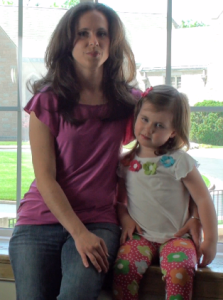Children with GBS
When a child has GBS the entire family is affected. Parents’ attitudes towards the patient and the illness will trickle down to every family member. This is the time to gather information and remain on the positive side of honesty.
Although it’s a long and painful process, 80% to 90% of patients recover completely. Study after study on recovery (from any kind of illness) show that a positive attitude contributes greatly to the outcome.
All of the general caregiver advice applies here, plus additional strategies to maintain as much of a ‘normal life’ as possible for the patient and siblings in the family.
What YOU Can Do
Maintain the general routine as much as possible.
It’s important to communicate to the patient and their siblings that life goes on, that this illness is a bump in the road and not a dead end.- Maintain rules and responsibilities. Do not excuse a child recovering from GBS from responsibilities if they are capable. Revise expectations, but being a part of a family means helping in some way. A recovering child maintains a sense of belonging and usefulness when he or she can contribute.
- Answer questions based on fact. Young children can make up reasons for the illness that exist in the magical realm. Children may believe that their comments or actions can be connected to the cause of the disease. That said, the reality of the disease will bring up feelings and questions to be addressed. Every feeling that a child has should be discussed and acknowledged.
- Involve siblings in the recovery process. Siblings can help with homework, physical therapy, and making accommodations for the patient. Be careful not to rely too much on siblings – their experience of childhood is equally important.
- Allow the patient to participate in medical decisions. Giving choices to a child develops responsibility and reasoning skills. If a child can handle it, participating in treatment choices can be extremely beneficial to their emotional development. Scheduling decisions, describing physical sensations to doctors and nurses, learning to adjust to social interactions, learning to communicate their limitations to friends, and making accommodations in the home and at school – all of these can be a discussion with the patient, giving them a sense of power in a powerless situation.


